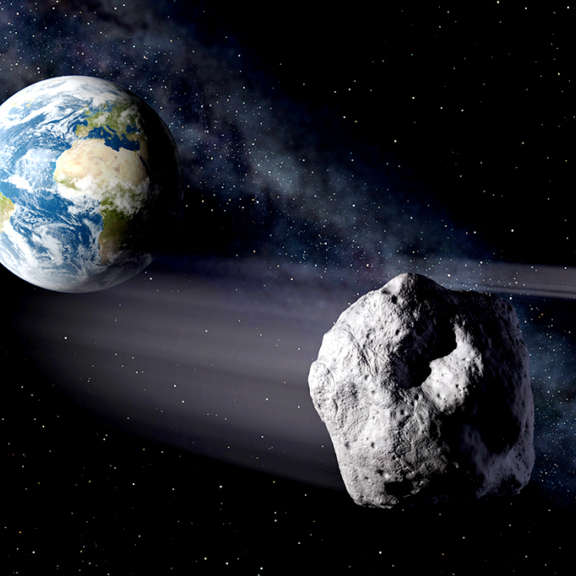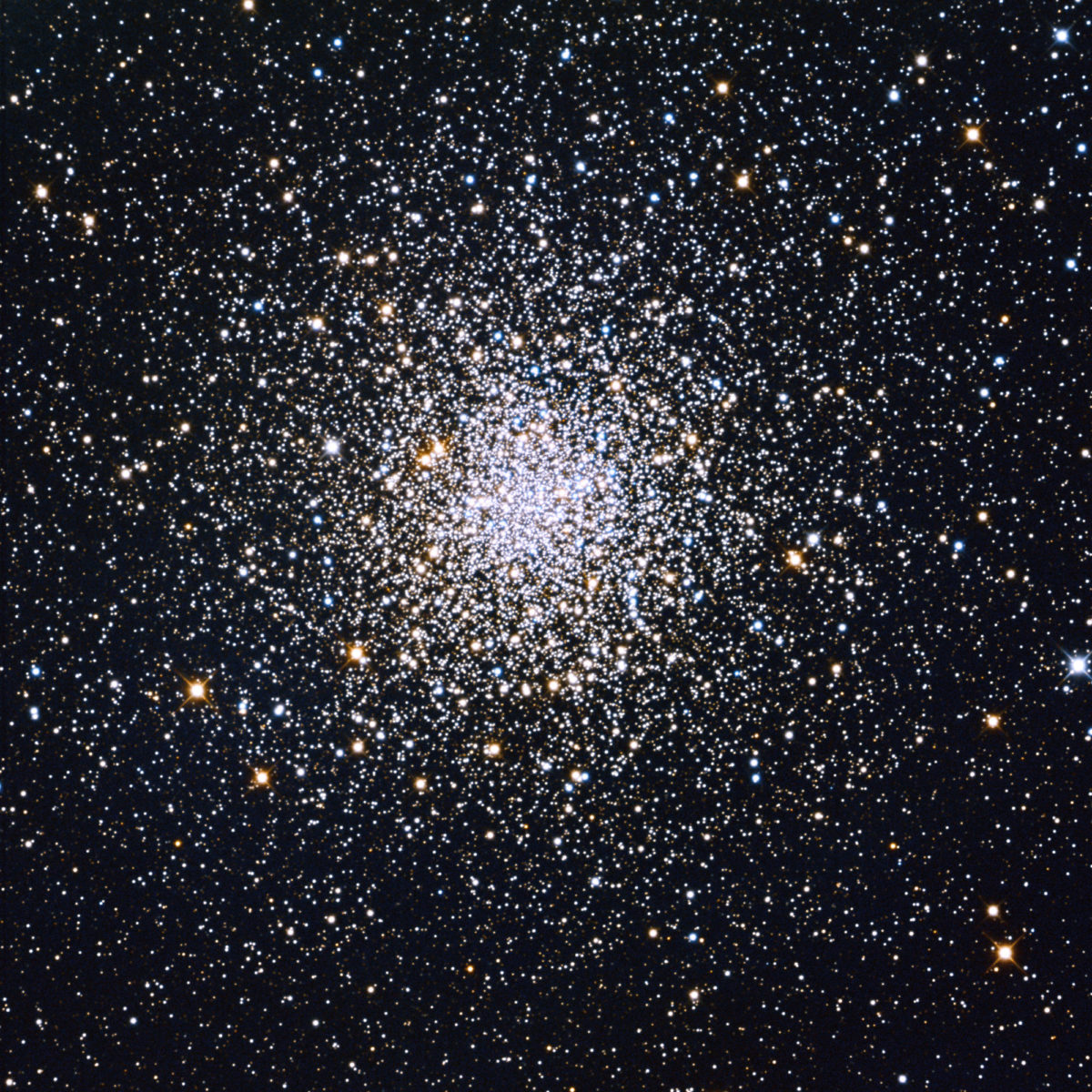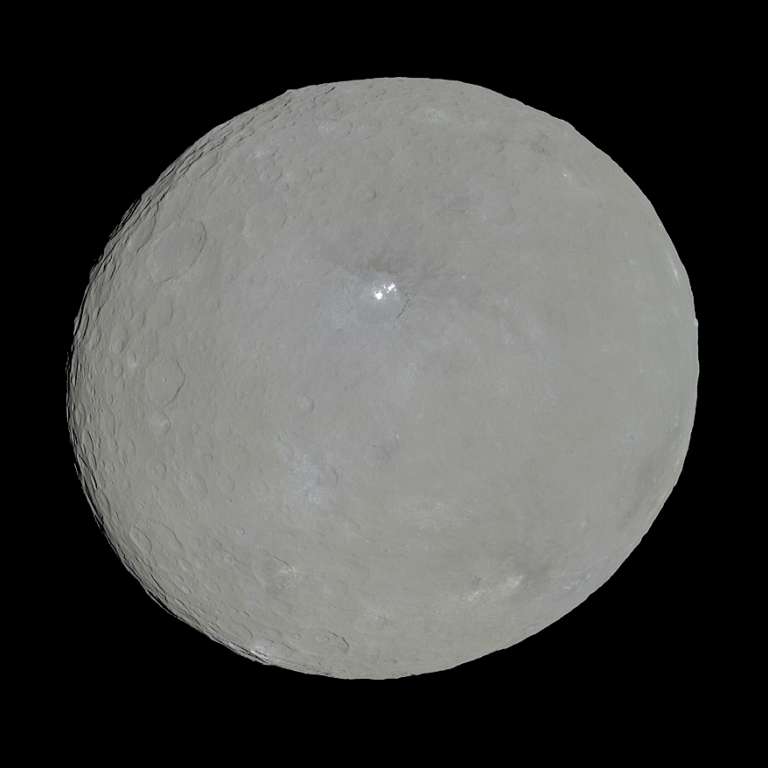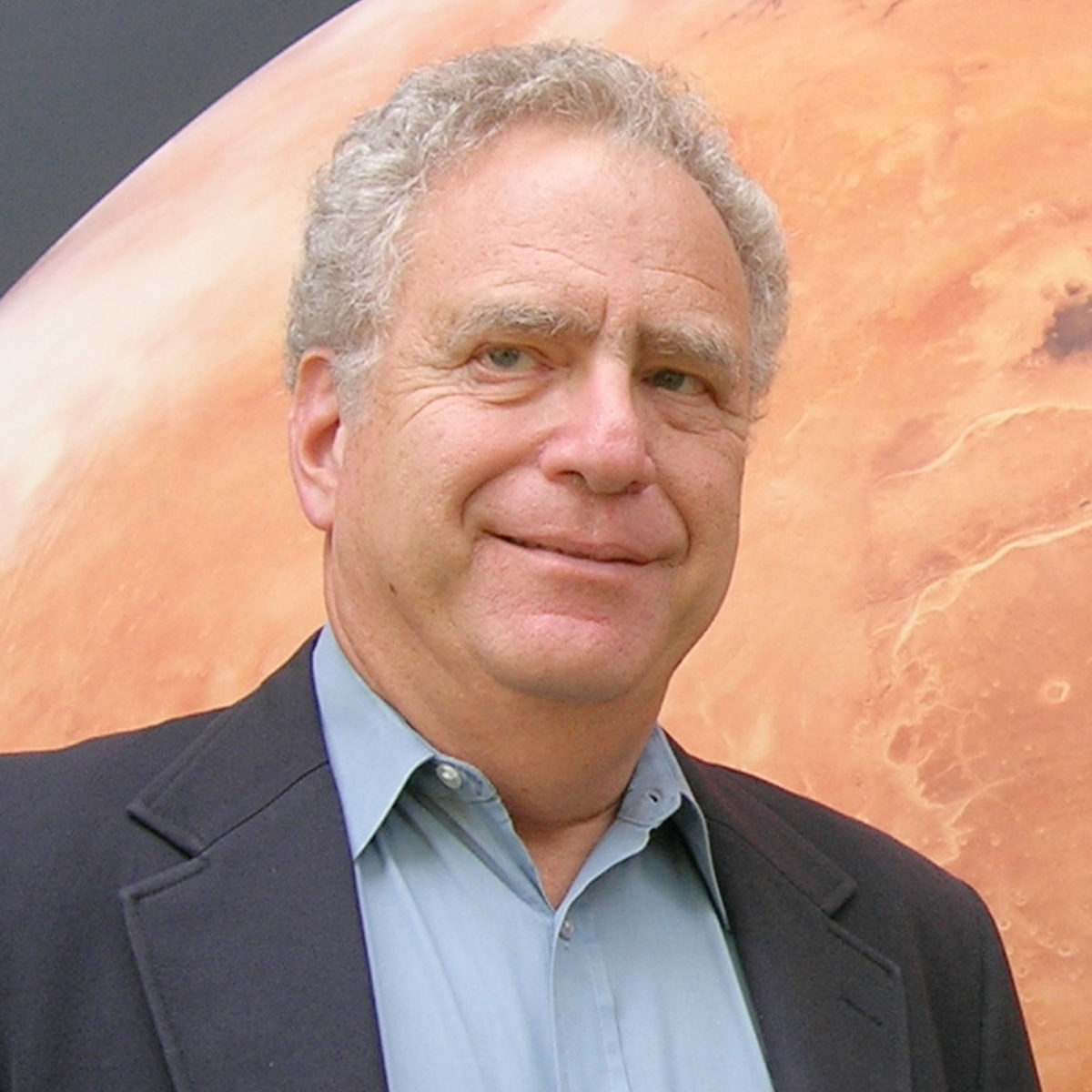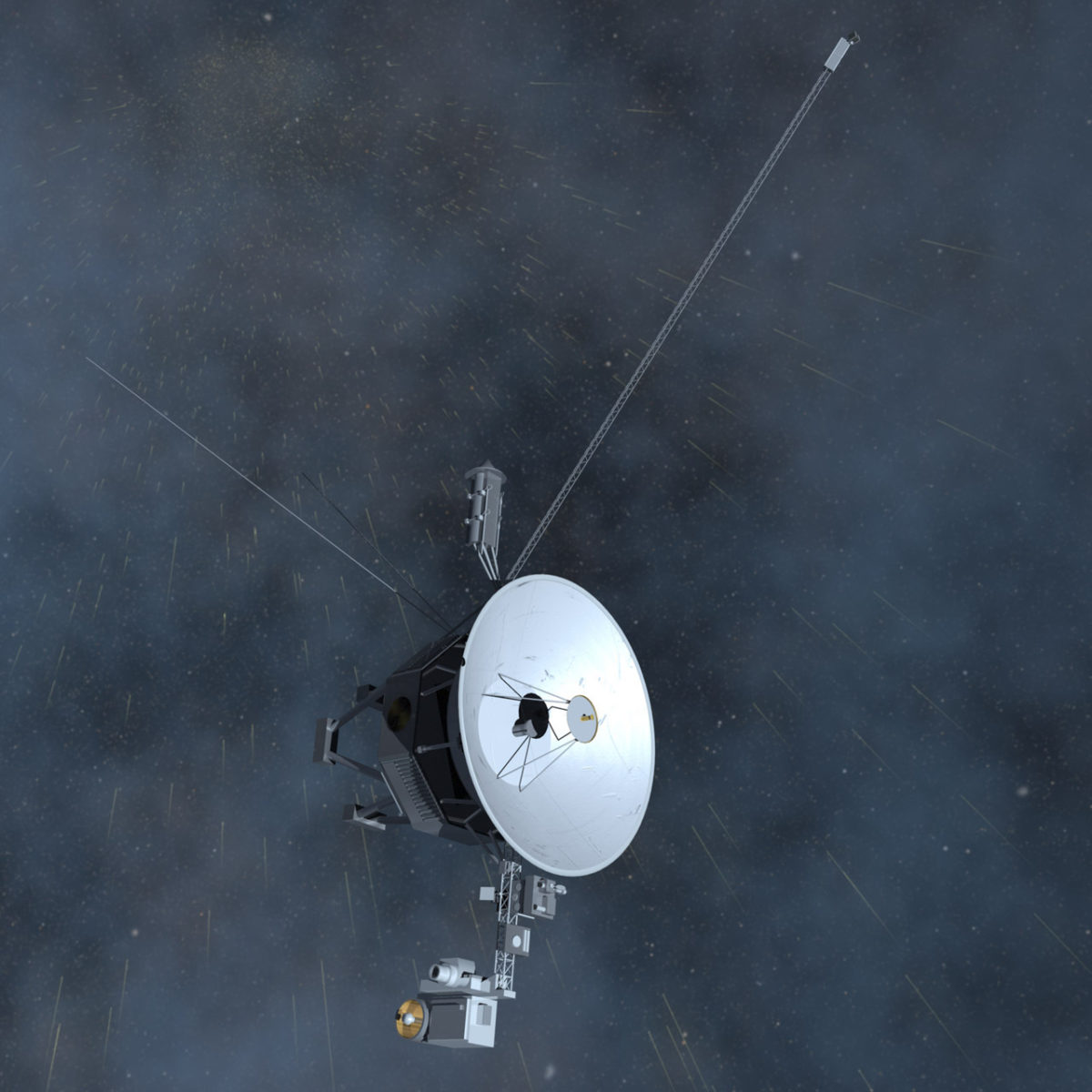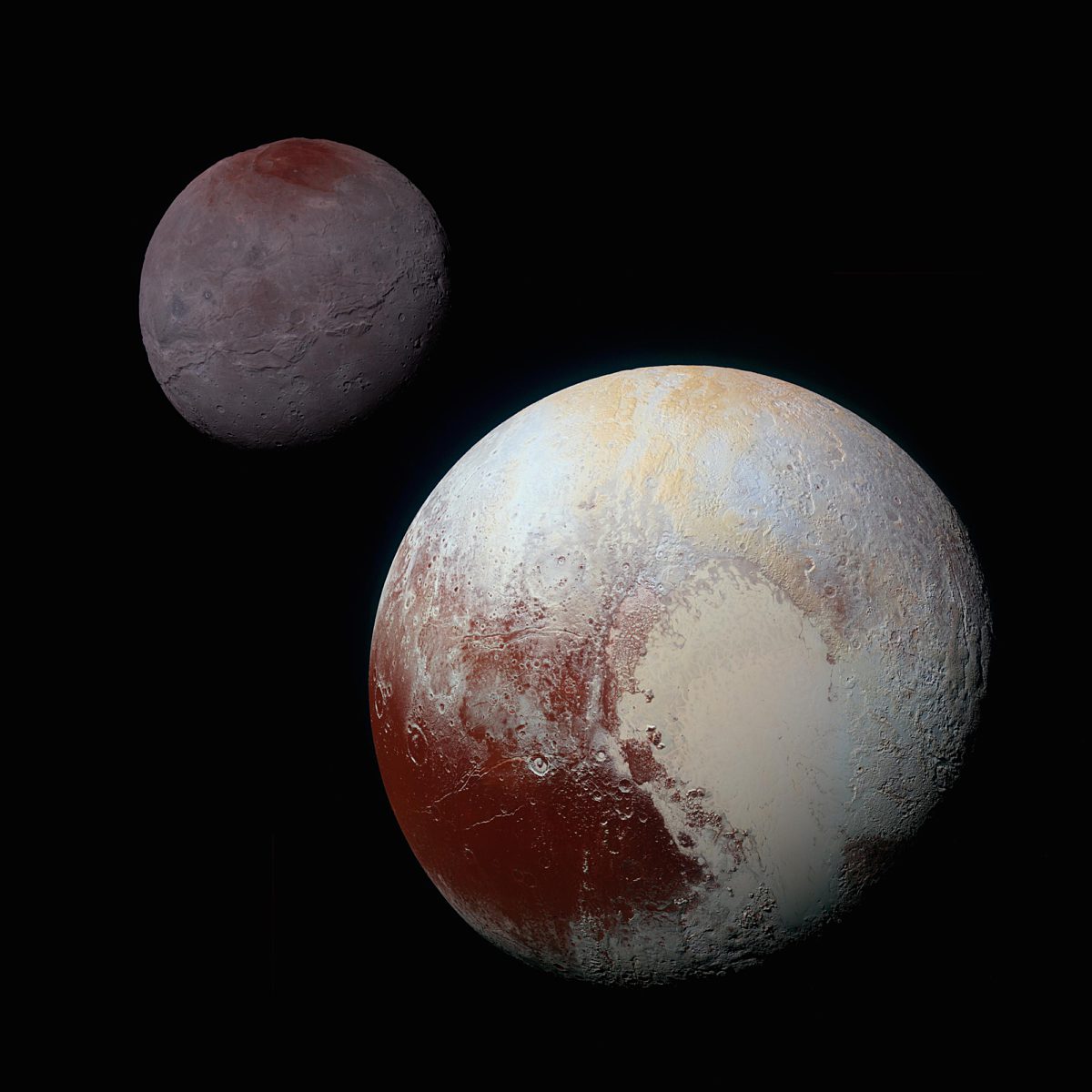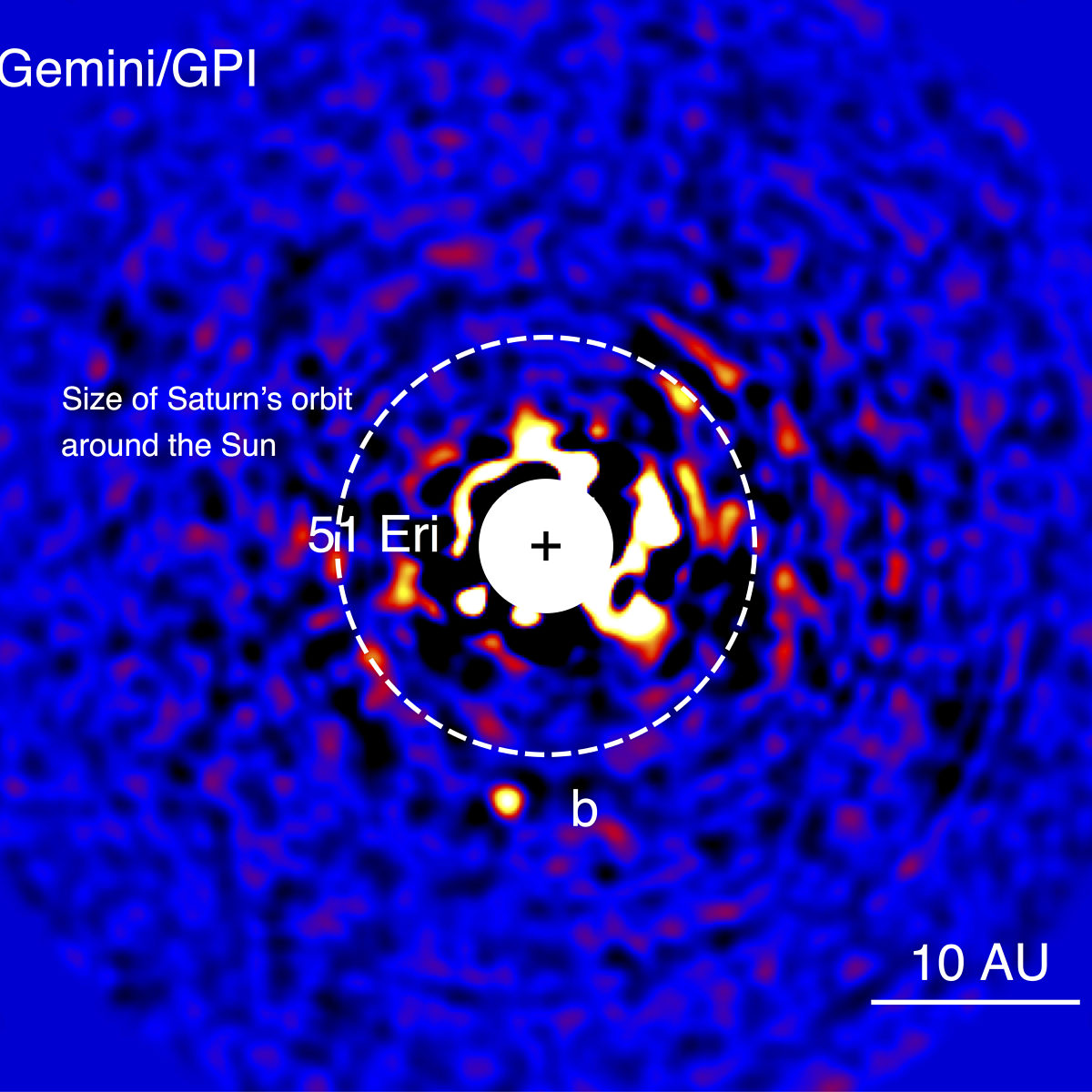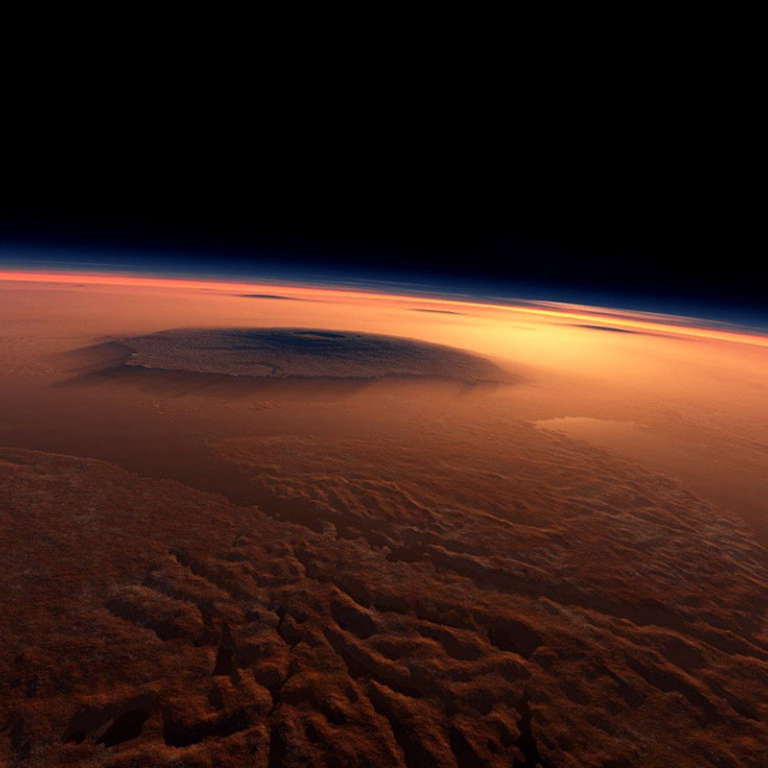Since 2002, Planetary Radio has visited with a scientist, engineer, project manager, advocate, or writer who provides a unique perspective on the quest for knowledge about our Solar System and beyond. The full show archive is available for free.
Search Planetary Radio
Julielynn Wong came directly from her 30-day long HERA IX deep space simulation to our microphone. We talk with her about the experience, and her progress toward 3D medical device printing solutions for astronauts and Earthbound humans.
Famed science fiction author Kim Stanley Robinson is back with Aurora, a cautionary tale about just how difficult interstellar travel may be.
Cassini Mission Project Scientist Linda Spilker returns with the latest discoveries at the beautiful ringed planet, its moons and its rings.
Mike Brown and Konstantin Batygin fully expect a new and undemotable ninth planet will be found in the outer reaches of the solar system. The Caltech researchers talk about their findings and much more.
Lindley Johnson has just been named NASA's first Planetary Defense Officer. He's joined on this week's PlanRad by astronomer Kelly Fast, the new manager of the Near Earth Object Observation Program.
New research indicates that globular clusters—collections of up to a million stars—could provide stable environments for life, along with opportunities for interstellar civilizations. Lead author Rosanne Di Stefano joins us to explain.
The Dawn Mission Chief Engineer Marc Rayman returns for another report on the ion-engine powered mission, now orbiting 240 miles above dwarf planet Ceres in the Asteroid Belt.
Francis McCubbin is the new Astromaterials Curator at NASA's Johnson Space Center, where the priceless collection includes the Apollo moonrocks. Join host Mat Kaplan's visit.
Mat Kaplan visits the Ad Astra Rocket Company in Texas where they are perfecting the VASIMIR electric rocket engine. Emily Lakdawalla has created a comprehensive timeline tracing missions throughout the solar system. Bill Nye salutes Planetary Society colleagues who gathered to record a Planetary Radio Extra year in review conversation. The new year’s sky is chock full of planets according to Bruce Betts.
Our year-end review features the “best of 2015” lists from Jason Davis, Casey Dreier, Emily Lakdawalla and Bill Nye the Science Guy. What’s Up offers planets, a comet, and a nice prize package for the space trivia contest.
Journey to Space is both a new and spectacular IMAX movie and an exciting, hands-on exhibition at the California Science Center. We learn about both this week.
A small but talented UK team is building Twinkle, a small spacecraft with a big mission—exploring the atmospheres of planets orbiting other stars.
The founding Executive Director of the Planetary Society has just written “Human Spaceflight: From Mars to the Stars,” an optimistic view of humanity’s future in the solar system and beyond.
It was a grand night at the Pasadena Civic Auditorium. CEO Bill Nye led the Planetary Society’s 35th anniversary party with guests including Neil deGrasse Tyson and Deputy NASA Administrator Dava Newman. We present a very brief sampling of the celebration.
“The Martian” has won universal acclaim from scientists, astronauts, NASA, science fiction fans, and people who thought they weren’t science fiction fans. Mat Kaplan talks with the author about his harrowing, uplifting, amazingly detailed and realistic tale.
Hal Weaver is a very happy Project Scientist. His New Horizons spacecraft has shocked his fellow researchers with magnificent images and data. He shares the excitement this week.
Digital editor Jason Davis is a lucky guy. He follows and reports on human spaceflight progress, as well as the progress of the LightSail solar sail, which is about a year from its next flight.
Franck Marchis is on the team that has delivered an actual image of a young, hot world about 100 light years from Earth. We talk with him on the 20th anniversary of the first exoplanet discovery.
Scott Hubbard and John Logsdon led the Humans Orbiting Mars Workshop last spring. They return with Casey Dreier as the report on that workshop is released to the world.
They are the most neglected planets in our solar system, but that status may be changing. Planetary scientist Elizabeth “Zibi” Turtle celebrates NASA’s announcement that it will study a mission to Uranus or Neptune.


 Explore Worlds
Explore Worlds Find Life
Find Life Defend Earth
Defend Earth






